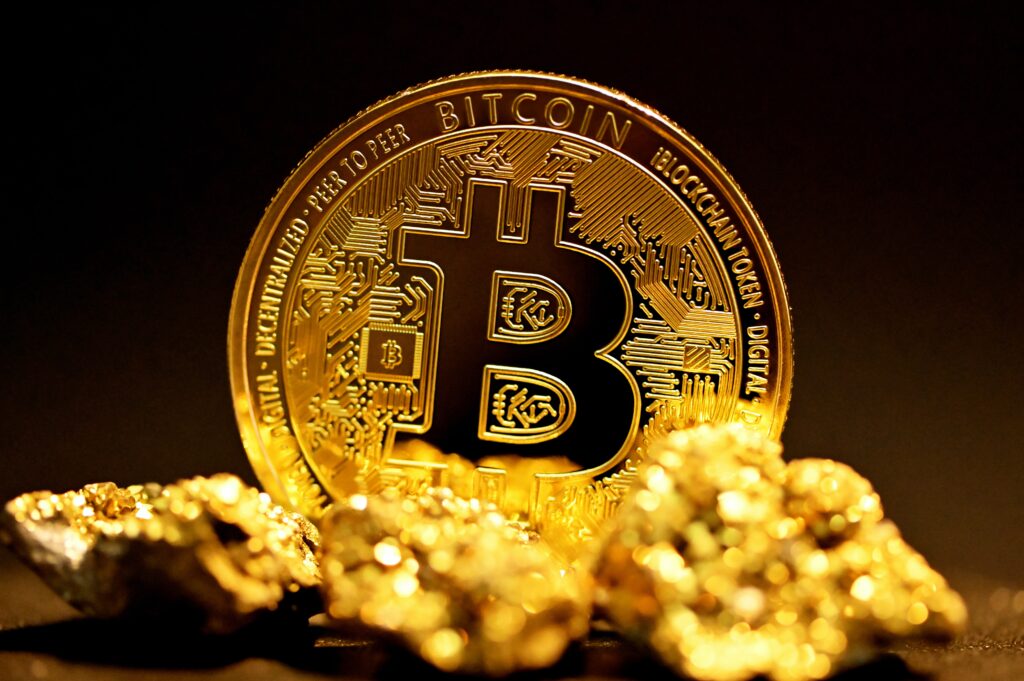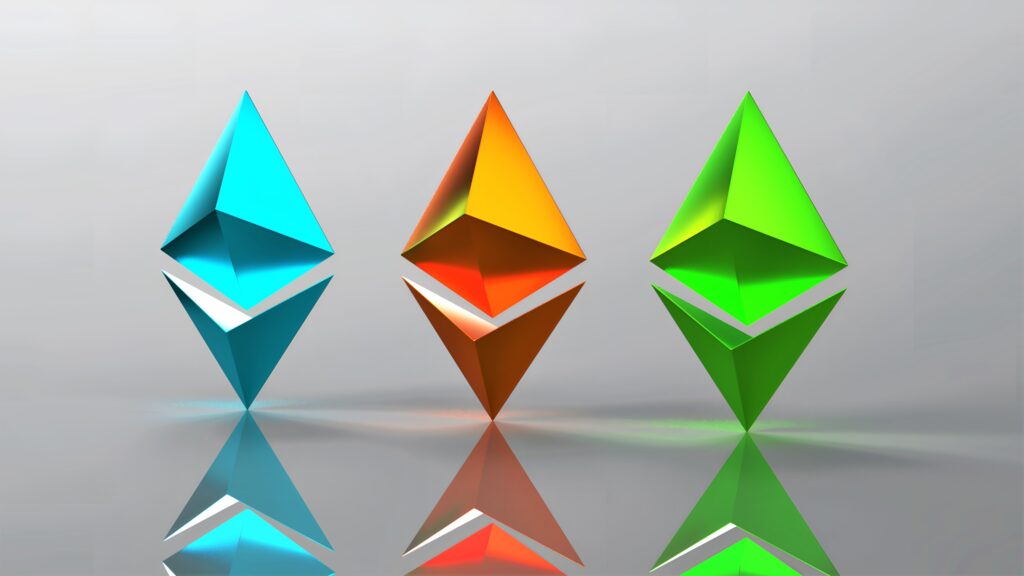Bitcoin & Ethereum

Welcome to the world of cryptocurrencies, where Bitcoin and Ethereum are among the most popular digital assets that are changing the way we think about money and financial transactions. These currencies operate on a decentralized technology called blockchain, which is a digital ledger of transactions that is constantly being updated and verified by a network of computers.
What is Bitcoin?

Bitcoin is a decentralized digital currency that allows for peer-to-peer transactions without the need for intermediaries such as banks. Bitcoin can be used as a form of digital cash, store of value, and as a means of investment. Many people purchase Bitcoin as an investment, believing that its price will increase in the future, while others purchase it as a means of investing in companies that raise money through Initial Coin Offerings (ICOs).
What is Ethereum?

Ethereum is a decentralized platform that enables the creation of smart contracts and decentralized applications (DApps). Ethereum’s coin value is referred to as “Ether” and can be used to perform transactions, invest in ICOs, and pay for the computational services required to run the decentralized applications built on the Ethereum network.
Main differences
The main difference between Bitcoin and Ethereum is their use case. Bitcoin is a decentralized digital currency, while Ethereum is a decentralized platform for building smart contracts and DApps. Bitcoin’s blockchain is primarily used for peer-to-peer transactions and as a store of value, while Ethereum’s blockchain is more robust and open to innovation. Additionally, Ethereum’s blockchain technology is supported by the Enterprise Ethereum Alliance, a group of Fortune 500 companies that are working together to learn and build upon Ethereum’s blockchain technology.
Future outlook…..
The potential for growth and innovation in the world of cryptocurrencies is exciting. Bitcoin and Ethereum, while having different use cases, both have the potential to revolutionize the way we think about money and financial transactions. As the technology and understanding of blockchain continue to evolve, we can expect to see new and exciting possibilities for these digital assets in the future.

